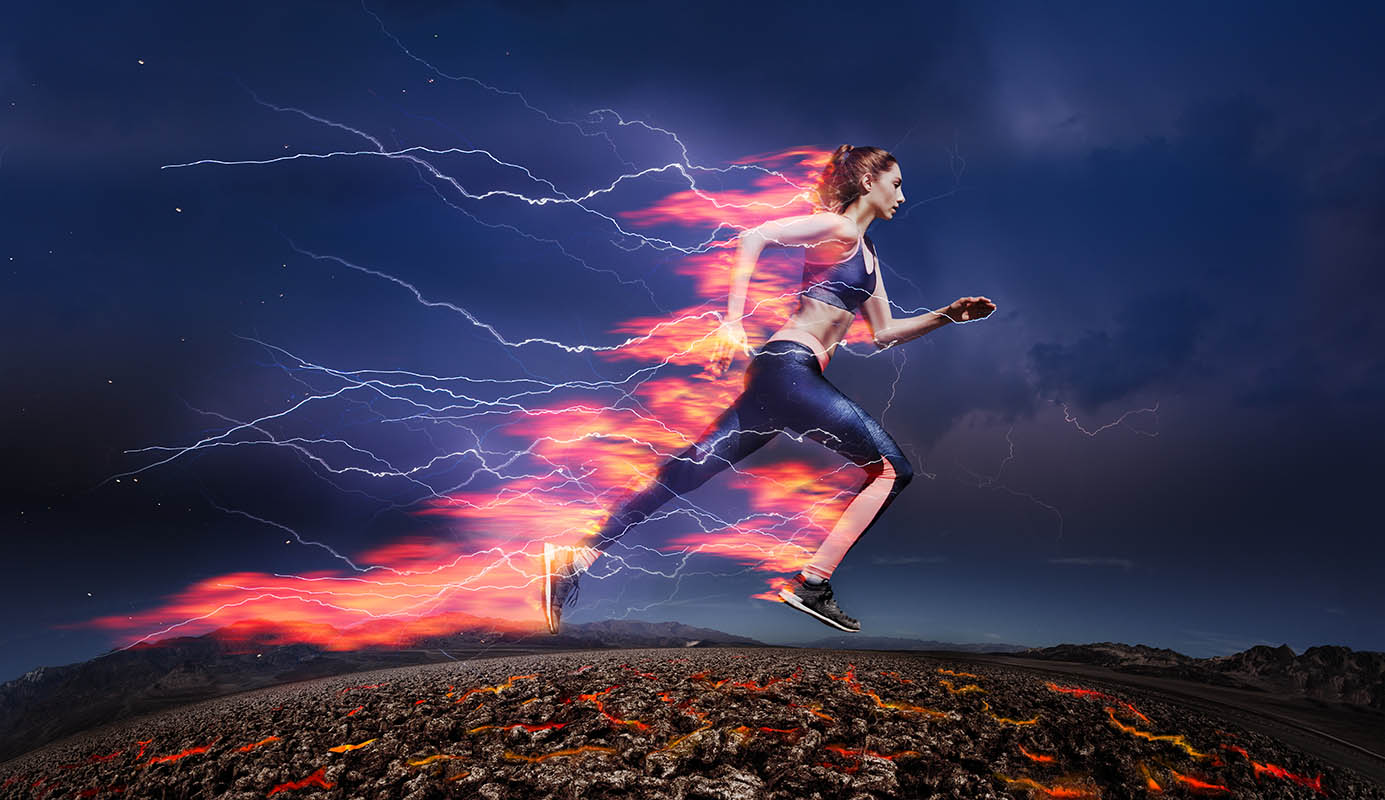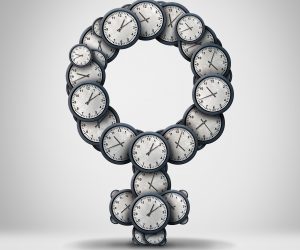 Certain woes mother nature clearly intended. To treat these woes, go natural, not medicinal.
Certain woes mother nature clearly intended. To treat these woes, go natural, not medicinal.
To illustrate, mother nature willed menopause onto all women. That’s half the world’s population. So, I argue it’s best to treat menopause naturally—but long before it hits. Especially before the hot flashes.
So, why naturally, not medicinally?
For one, hot flashes may be healthy. We know that most young women don’t sweat. That is, until menopause hits. Then they drip from hot flashes. Followed by chills. But I love sweating. Long ago, I wore a rubber suit while training in the sun. Just for the sweat. And sweat releases toxins. Healthy, right? Even now, science doesn’t know what causes hot flashes. So, I bet more benefits abound that science has yet to discover.
For another, hormone therapy may cause harm. Consider steroids: hormone pills. Muscle-heads take steroids. But steroids kill you young. They overload your organs. Plus, they give you side effects such as aggression and man boobs. Why would hormone therapy be much better? Stick with mother nature.
For another, pills can worsen symptoms. Yes, worsen. So, avoid taking antianxiety medication during menopause. I took antianxiety meds long ago. Did it cure the anxiety? No, it made it worse. I stumbled like a drunkard but still suffered stress. But later, I cured myself through journaling, cognitive behavioral therapy, caffeine-free living, exercise, and whole foods. Yes, the ways of mother nature.
And stay clear of antidepressants to treat—not depression—but hot flashes. Antidepressants balloon your belly and stir up a host of side effects. If you want to feel blue, then muzzle hot flashes with antidepressants. Author Tara Allman, MD, questions whether antidepressants even work for menopausal moodiness, never-mind hot flashes.
Tara Allman, MD argues in favor of hormone therapy, but praises exercise and nutrition, in her book Menopause Confidential: A Doctor Reveals the Secrets to Thriving through Midlife:
- How do you diagnose menopause? “Menopause is when you have not had a menstrual cycle for twelve months in a row” (p. 11 of 248, 9%).
- Most women get hot flashes: “Over 80 percent of women in the United States experience hot flashes” (p. 17 of 248, 11%).
- Hot flashes can last a generation: “The average woman will experience hot flashes for at least seven years, and some will suffer for longer than twenty” (p. 18 of 248, 12%).
- But little is known about hot flashes: “We still have no clue what causes a hot flash” (p. 20 of 248, 12%).
- So, combat hot flashes naturally—through exercise and diet. And do it before menopause strikes: “If you are experiencing perimenopausal or menopausal symptoms, you are less likely to have the energy and stamina necessary to exercise daily and eat healthily” P. 153 of 248, 56%).
- Exercise and nutrition prevent menopausal-related Alzheimer’s: “Exercise regularly, eat a healthy diet, maintain a normal weight, reduce stress, engage in social activities, challenge your brain, wear your seatbelt and bike helmet …” (p. 36 of 248, 18%).
- Exercise and diet also combat menopausal-related sleep issues: “So what solutions are available for midlife women’s sleep issues? … healthy diet, daily exercise, weight maintenance, and not smoking” (p. 47 of 248, 21%).
- Fitness and diet also prevent osteoporosis, “Eat a calcium-rich diet, be physically active, don’t smoke, don’t drink too much alcohol, maintain weight above 127 pounds, beware of medication side effects” (p. 139 of 248, 50%).
- But some women benefit from hormone therapy: “Mood symptoms and sleep issues improve significantly with the use of hormone therapy, especially when there are also complaints of hot flashes and night sweats” (p. 30 of 248, 16%).
- But hormone therapy can trigger tragedies: “Estrogen therapy … promotes clotting and inflammation inside blood vessels, which can lead to heart attacks, stroke, deep venous thrombosis, and pulmonary embolism” (p. 158 of 248, 59%). Other “risks of … estrogen therapy: … uterine cancer, increased breast density, breast cancer” (p. 173 of 248, 64%).
To me, mother nature makes more sense than hormone therapy.
But what if hot flashes slap you hard? Well, exercise and eat unprocessed foods. Savor whole fruits and fresh vegetables. Not the pickles and ketchup on the Big Mac. No, real vegetables—picked from trees or pulled from the ground. And hit the gym five days a week. Lift weights on two of those days for bone health.
But start young. And natural.


